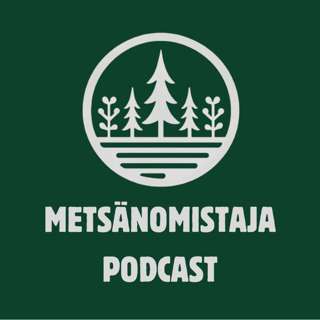
156: Key Differences in Bain FIT Questions
In looking through our database of over 240 former clients and speaking to Bain partners we know, we see two unique ways a Bain fit interview differs from a McKinsey PEI. The first relates to way in which you interact with the interviewer as you deliver your response, and the second relates to a very specific attribute that Bain seeks in your fit responses. Both differ substantially from a McKinsey or BCG interview. In fact, EVERY single client we placed at Bain strongly displayed these two characteristics. It is uncanny how close a correlation exists.
16 Syys 201313min

155: Bonus vs. Salary Resume Editing
Bonus versus salary resumes, is a very simple test we do on resumes. This podcast explains the test. We basically look at whether or not a bullet point explains an action which earned you a salary or would have resulted in a bonus. The latter is vital and the former should be purged from your salary. McKinsey looks for things on your resume which earned you your resume. It is important to understand that merely doing your job is not an achievement in itself.
10 Syys 20138min

154: Economic Impact of Poor Business Judgement
The economic impact of poor business judgement, is a topic we managed every day as partners. Each time an associate made a poor "common sense" decision we needed to explain both the potential reputation and economic damage done to the firm. The former is well-known, but the latter is less known but just as important. In thinking through why consulting firms look for business judgement, it helps to consider the economic impact to clients and the firm.
4 Syys 20137min

153: Generating Multiple Creative Hypotheses
Building of our technique to develop hypotheses, this podcast explains a clever way to generate creative hypotheses. In essence, the podcast will be useful to candidates who have already seen how we brainstorm and generate hypotheses, since this podcast expands on that thinking. The core of this idea is that if more than one structure can be brainstormed for a case, each of those structures can be used to develop a new type of hypothesis. This is a very, very simple technique as well.
29 Elo 20137min

151: Read Exhibits as Maps For Insights
In this podcast present a clever technique to treat graphs as "maps" when reading them. Corporate Finance candidates will like this. The key to this technique rests on the simple idea of ignoring the data plots and first trying to understand what the type of graph is saying. Once this is clear, the data is then examined within the graph to understand its meaning. The podcast explains this with an example and is a very effective tool we use for teaching clients.
23 Elo 20136min

150: McKinsey Senior Partner Networking Success
We always ask our clients, especially those from weaker schools, to network with the most senior partners of consulting firms. This is a podcast about a PhD client, from a weaker school and no existing consulting relationships, who painfully followed this advice over several months to network with a member of McKinsey's worldwide leadership and obtain interviews for his office of choice. It is not easy, but can be done. It works.
17 Elo 201310min

149: Why To Bring Energy To The Interview
Lots of candidates leave it to the interviewer to determine the energy levels, tone and mood of the call. That is a bad idea. In our experience, the best candidates always bring a light mood to interviews. Seriousness, can hurt you as it is confused for anxiousness. Delegating the mood to the interview is bad idea since it means the energy of the case will be largely out of your control. Moreover, unless you practice controlling the energy, it is unlikely you will have this skill to deploy in the case interview itself.
10 Elo 20135min

148: Making sexist comments in interviews
Due to culture, tradition and even good intentions, candidates make sexist remarks. Sometimes, a very innocent remark may come across as sexist. This podcast examines some the incidences we have encountered which have hurt candidates in cases. It is wise to think about your own inadvertent sexist behavior.
4 Elo 20132min





















